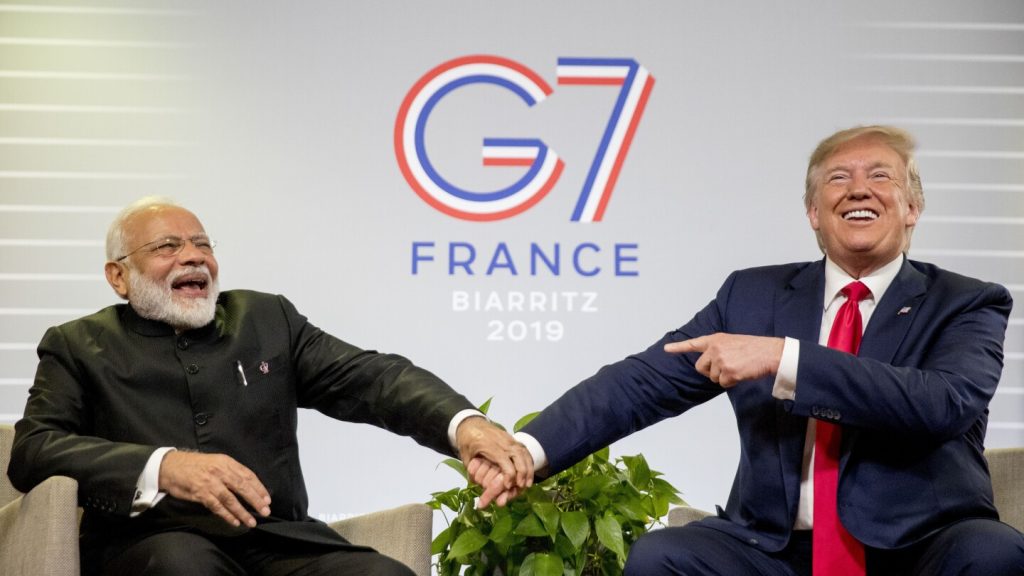India’s response to Donald Trump’s return to the White House stands out among the global reactions, as the country appears to be welcoming the change. External Affairs Minister Subrahmanyam Jaishankar expressed that India is not nervous about the U.S., unlike many other countries, and highlighted that Prime Minister Narendra Modi was among the first leaders to speak with the President-elect. Experts suggest that a second Trump presidency could benefit India, particularly in resetting the country’s relationship with the West after recent tensions over issues such as Russia and democratic backsliding.
The Wilson Center’s South Asia director, Michael Kugelman, believes that Trump’s victory will alleviate concerns about Indian policies conflicting with those of the West. While there may be disputes on trade, immigration, and climate change, overall, India’s relations with Western countries, especially with the U.S., are expected to improve. Modi has been positioning India as a rising global power to counter China, but his authoritarian approach and the BJP’s right-wing policies have faced criticism for marginalizing minorities and suppressing freedom of speech.
During President Joe Biden’s state visit to India last year, there were expectations for him to address Modi’s human rights record, but the focus was on boosting defense and technology deals. With Trump, there is less pressure to address such concerns, and the relationship may lean towards a more transactional approach, according to Uday Chandra from Georgetown University. Trump’s admiration for Putin and his likely support for India’s partnership with Russia could also benefit the country’s strategic interests.
Trade tensions between India and the U.S. were prominent during Trump’s first term, with disagreements over tariffs and goods leading to retaliatory measures. Trump’s proposed universal import tax and emphasis on fair trade policies could pose challenges for India, despite its significant trade relationship with the U.S. Immigration policies and climate change efforts may also be affected by a Trump administration, raising concerns about skilled migration restrictions and lack of progress in green technology initiatives.
Both Trump and Modi have been associated with nationalist rhetoric and strongman tactics, consolidating support through polarization. Their personal rapport and shared worldview, which dismisses liberalism as a viable global ideology, have strengthened their relationship. The two leaders have publicly displayed their admiration for each other, with Modi even referring to the bond between them as a “bromance.” Their aligned views on domestic and international policies indicate a potential strengthening of ties between India and the U.S. under Trump’s administration, despite potential challenges in trade and other key areas.


